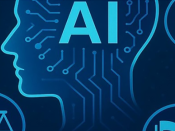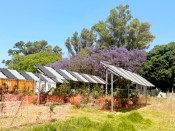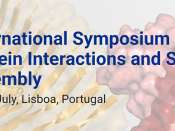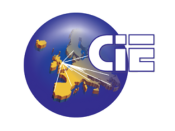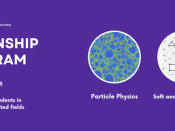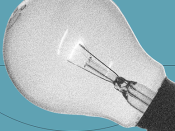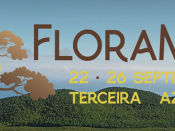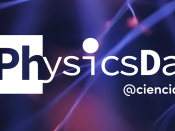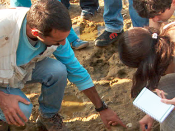Adaptationism, i.e. the claim that natural selection provides a sufficient explanation for the evolution of most traits, pervades all aspects of biological thinking. The underlying assumption supporting adaptationism is that variation is somehow random, namely, that it is neither biased nor directional. This conference aims to provide an interdisciplinary context for uncovering and critically evaluating the rationale behind the hypothesis of variation randomness in the light of new developments in the evolutionary sciences (e.g., from the impact of instructive mutations in prokaryotes - CRISPR-Cas -, to mutation-biased divergence in molecular sequences, to the likely role of developmental biases in phenotypic divergence). Why was variation characterised as random in the first place? And what would be the case if either mutational or developmental biases were to impinge on the evolutionary process?

Call for Abstracts (Deadline for submission: 15th July 2017): The present call for abstracts is directed to philosophers of biology, philosophers of science, historians of biology, evolutionary and theoretical biologists. The aim of the conference is to provide an interdisciplinary context for evaluating the historical, empirical and theoretical dimensions of the debate concerning the nature of variation and the proper role for variation in evolutionary explanations, how the debate has unfolded and how it shapes current evolutionary thinking in the life sciences.
Invited speakers: Eva Boon (Technische Universiteit Eindhoven, Holland), Pietro Corsi (University of Oxford, UK and EHESS, Paris, France), Leonore Fleming (Utica College, USA), Philippe Huneman (IHPST; CNRS/ Université Paris 1 Sorbonne), Gerd Müller (Universität Wien, Austria), Sahotra Sarkar (University of Texas at Austin, USA and Presidency University, Kolkata, India), Arlin Stoltzfus (Institute for Bioscience and Biotechnology Research, NIST, USA).
03 e 04 de outubro 2017 | 09h45-18h30
Importante: Inscrição gratuita, mas obrigatória - sdmarco@ciencias.ulisboa.pt


